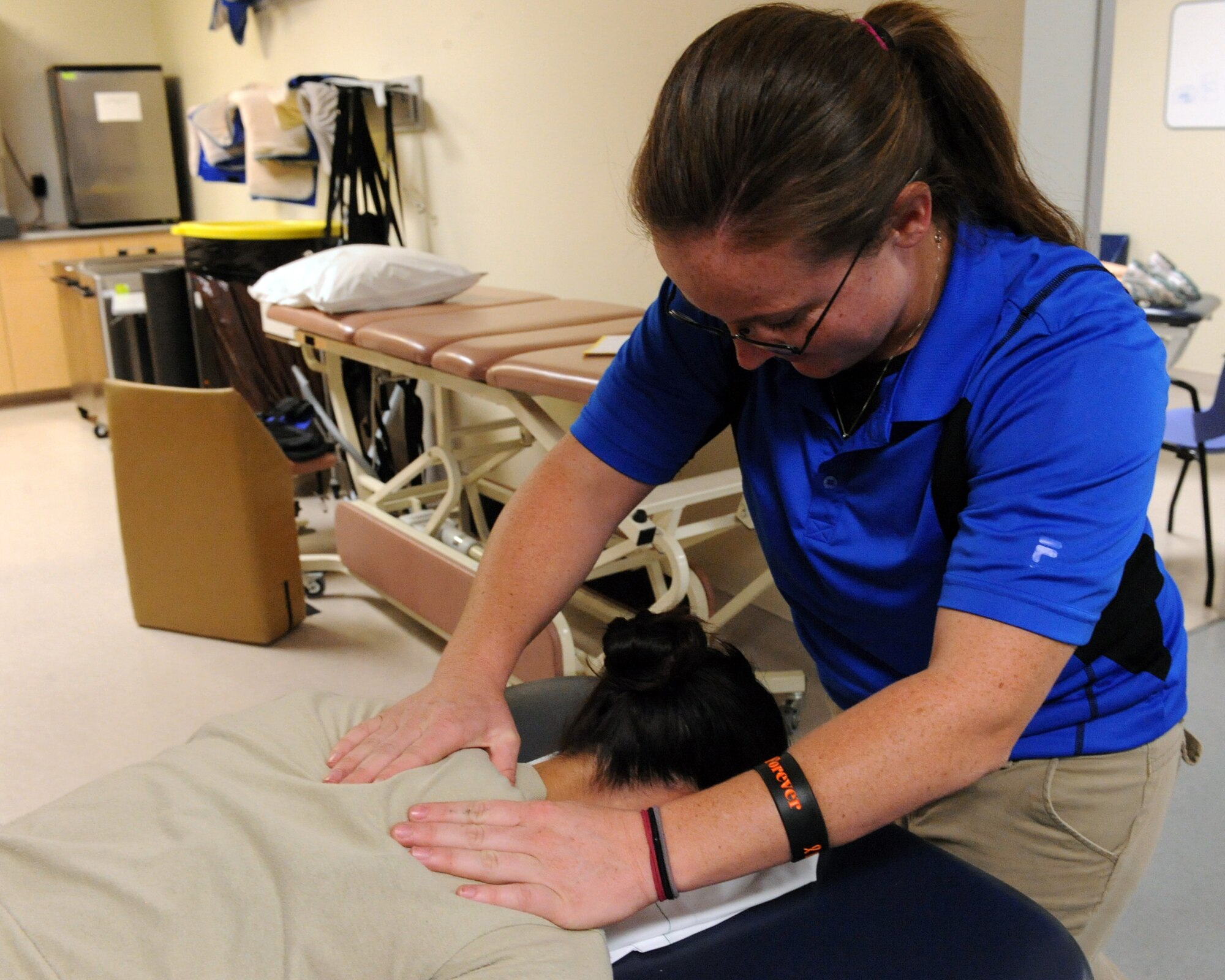Sport physical therapy is a specialist profession that concentrates on recovering and improving athletes’ performance. Beyond the physical parts of healing, the psychological component is essential in keeping athletes motivated for a complete recovery. For athletes to overcome obstacles, remain devoted to their therapy, and regain their optimum performance, the mental and emotional parts of the rehabilitation process must be addressed. This article will examine the psychological component of sports physical therapy and how it affects athletes’ motivation and ability to recover effectively.
Recognizing the Psychological Obstacles Accessed by Sports Injuries:
Athletes devote much time and energy to their training, so getting hurt may be upsetting. Sports-related injuries can cause annoyance, letdown, and even performance anxiety. Additionally, the worry about getting damaged again can put up psychological obstacles that impede the athlete’s recovery. Effective rehabilitation depends on comprehending and addressing these psychological issues.
Constructing a Powerful Therapeutic Alliance
Creating a solid therapeutic bond between the athlete and the physical therapist is crucial to sports physical therapy. This partnership promotes open communication and trust, enabling athletes to communicate their feelings, worries, and objectives without fear of retribution. In addition to providing medical care, the physical therapist acts as a motivational coach, providing support and inspiration during the healing process.
Setting attainable, realistic goals:
In sports physical therapy, setting attainable goals is essential. Physical therapists ensure that the plans align with the athlete’s aspirations and capabilities by incorporating the athlete in the goal-setting process. A sense of success and inspiration is given to athletes by attainable goals as they advance in their rehabilitation process.
Encouragement and positive reinforcement:
In sports physical therapy, encouragement and positive reinforcement are effective psychological aids. An athlete’s confidence and willpower can be increased by recognizing their accomplishments, encouraging them, and celebrating little wins. This encouraging strategy strengthens their dedication to the healing process.
Managing Setbacks:
There may be setbacks or recovery plateaus for athletes because rehabilitation is rarely a straight line. Sport Physical Therapy psychological component entails assisting athletes in overcoming these obstacles. Developing resilience, tenacity and learning to accept failures as a normal part of the healing process are essential for preserving motivation.
Mental imagery and visualization
Physical therapy, visualization, and mental imagery techniques are effective psychological tactics in sports. Athletes are advised to picture themselves correctly doing exercises and visualizing winning competition scenarios. This mental practice can improve physical performance, ease anxiety, and foster an optimistic outlook.
Meditation and Stress Reduction:
The process of rehabilitation might be hampered by stress and anxiety. Physical therapy for player sports incorporates mindfulness and stress management strategies to maintain concentration and centering while recovering; sports techniques lessen anxiety, increase brain sharpness, and support emotional well-being.
Making a Friendly Environment
A supportive environment for players is essential; sports physical therapy recognizes this. Family, friends, coaches, and teammates can significantly impact an athlete’s emotional health and drive during recovery. Participating in the recovery process with these people can strengthen the sense of community and inspire the athlete.
Making the switch to return-to-sport:
Getting athletes ready for the transition back to their sport as they advance through rehabilitation is crucial. The psychological component of sports physical therapy concentrates on improving the athlete’s self-esteem, controlling performance anxiety, and ensuring they are mentally ready for competition.
Conclusion:
Sport physical therapy’s psychological component is critical in inspiring athletes to complete their rehabilitation. Athletes may sustain motivation, develop resilience, and produce the best results by addressing emotional challenges, setting realistic goals, offering positive reinforcement, and using mental imagery techniques. Sport Physical Therapy Clinic emphasizes the all-encompassing approach to athlete care, understanding the mind’s and body’s interdependence on the path to optimal recovery and optimum performance. Sports physical therapy is crucial to athletes’ overall success and well-being because it gives players the tools, they need to overcome psychological obstacles.
Elevate your online reputation and rankings with our how to guest post-building service. Secure placements on trusted websites that support long-term SEO.



